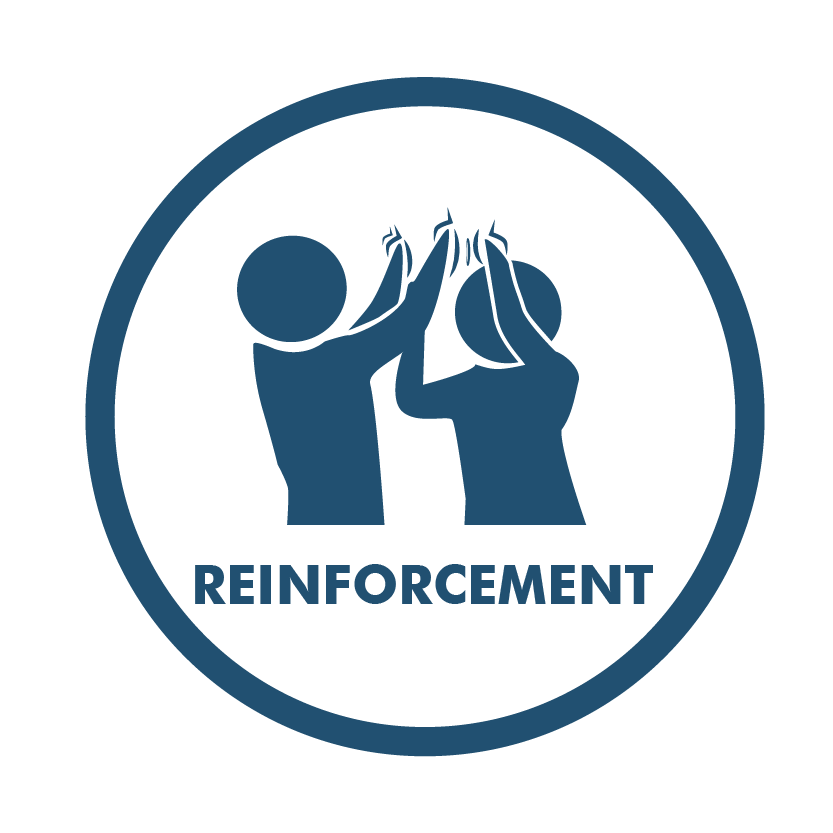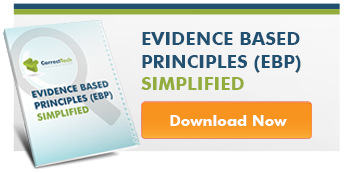This is the 9th of a 12 part series on Evidence Based Principles. Subscribe to our blog and get this series and the upcoming Risk Principle Simplified series delivered right to your inbox.
Key Takeaways
- Positive reinforcement is one of the most effective tools for shaping long-term prosocial behavior in community corrections.
- Research shows that reinforcement should significantly outweigh punishment to drive real behavior change.
- When tracked and applied consistently, positive reinforcement improves engagement, compliance, and staff-client relationships.
Positive reinforcement is not about being lenient or ignoring accountability. It is about intentionally recognizing prosocial behavior, actions that reflect responsibility, effort, and progress, and using that recognition to reinforce change. When applied correctly, positive reinforcement strengthens motivation, builds trust, and encourages long-term behavioral growth.
At CorrectTech, positive reinforcement is treated as a foundational component of evidence-based community corrections. Through structured behavior management tools and data-driven insights, CorrectTech helps agencies track, measure, and apply reinforcement consistently, ensuring that “catching people doing right” becomes part of daily supervision, not an afterthought.
Read More






